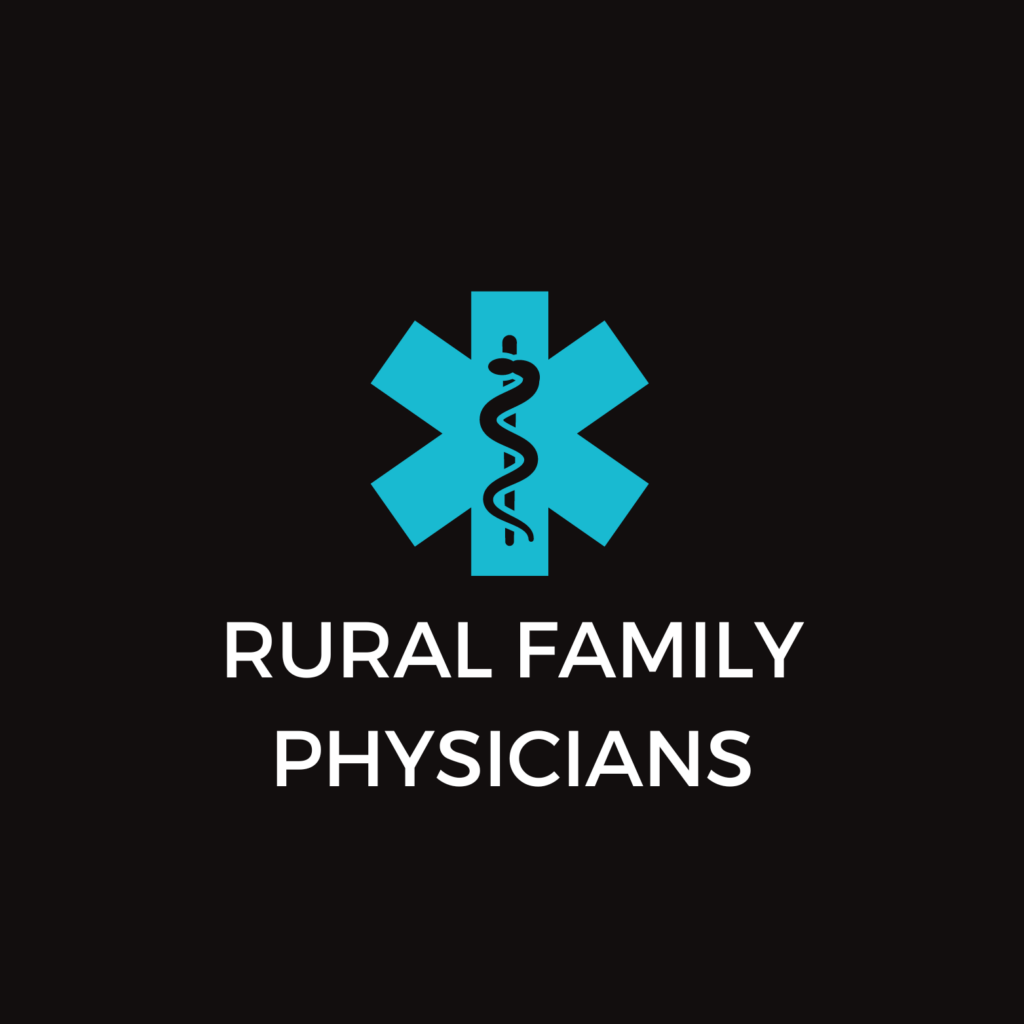Tax-exempt finance is helping to build Healthcare and Infrastructure in Colorado
By Mary Groves
Heart of the Rockies Regional Medical Center has been providing medical care in the mountains of central Colorado for more than 125 years. Today, it serves a region of nearly 20,000 people. Thanks to tax-exempt financing and the government status that it enjoys, Heart of the Rockies is providing that care in a new state-of-the-art facility offering advanced medical technology and practices.
In fact, Heart of the Rockies expects to save more than $16 million in interest payments over the 30-year period of the $30.2 million bond issue for the new facility, thanks to the lower interest rates made possible by the tax exemption on municipal bonds.
Throughout Colorado, health care facilities tell the same story. Rangely District Hospital and Yuma District Hospital both recently built new facilities, also with the benefit of tax-exempt financing. Senior living facilities, such as Christian Living Communities, Shalom Park, and Frasier Meadow have also completed building projects using tax-exempt bonds.
In fact, tax-exempt financing for local governments has helped build our nation’s hospitals, clinics, schools, roads, bridges, water and sewer systems, libraries, airports and other infrastructure for more than a century. It is a critical tool for the country’s economic development. Local officials, elected by local voters, driven by local concerns, are making the decisions about these local projects. And they are paying for them with local money.
However, as our nation’s lawmakers lurch from fiscal crisis to fiscal cliff – from debt ceiling debates to “fiscal cliffs” to sequestration – budget hawks are suggesting eliminating the tax-exempt status of municipal bonds. They view this tax exemption as a “loophole” depriving the U.S. Treasury of as much as $37 billion.
Tax-exempt municipal bonds finance infrastructure critical to our economy and communities. Basic utilities such as water and sewer are financed with tax-exempt bonds, as are public buildings, hospitals, clinics, schools, roads, bridges, jails, police and fire equipment (computers, fire trucks, emergency communications systems), libraries and airports. Three-quarters of the country’s public spending on roads, highways, water and sewer systems and other infrastructure is paid for by state and local governments, who are also solely responsible for building most of the country’s educational facilities.
As with Heart of the Rockies, government-owned healthcare providers and nonprofit institutions such as hospitals and museums also rely on tax-exempt bonds. Hospitals have tremendous capital needs to keep up with ever-changing technology, and most of that comes through tax-exempt bonds. The bond market provides access to the market that is not otherwise available. Taxable issues are too small to compete in the corporate bond market, leaving hospitals and museums with banks as their only other source for borrowing money, and banks generally have more difficult loan terms.
Tax-advantaged housing finance is one of the main sources of capital for “affordable housing,” another public benefit which should not be taken away.
Middle class, domestic households are the largest category of municipal bond investors, and retail investors as a whole own approximately 70 percent of municipal bonds. According to the IRS, in 2010 52 percent of all bond interest paid to individuals went to those with incomes of less than $250,000. Moreover, according to the same data, 57 percent of tax exempt income is reported by people over the age of 65, often on fixed incomes.
The real benefit of tax-exempt bonds is to state and local governments, including public hospitals, nonprofit healthcare providers and local taxpayers. If tax-exempt borrowing goes away, costs of local borrowing will go up and those costs are ultimately borne not only by local taxpayers, but also by hospital patients, renters, students and public utility ratepayers.
Tax-exempt finance is not a budget gimmick or a loophole. It’s essential for repairing, expanding and building the infrastructure our economy needs in the future.
Mary Groves is the managing partner of the Denver office of Peck Shaffer & Williams LLP, a national leader in public finance law. She has more than 30 years’ experience in a broad range of traditional and conduit public financings, including projects for private schools, colleges, senior housing, healthcare providers, charter schools, cultural institutions and faith-based service providers. She is called on by many non-Colorado borrowers who use the multi-jurisdictional authority of Colorado’s statewide health and education issuers.



